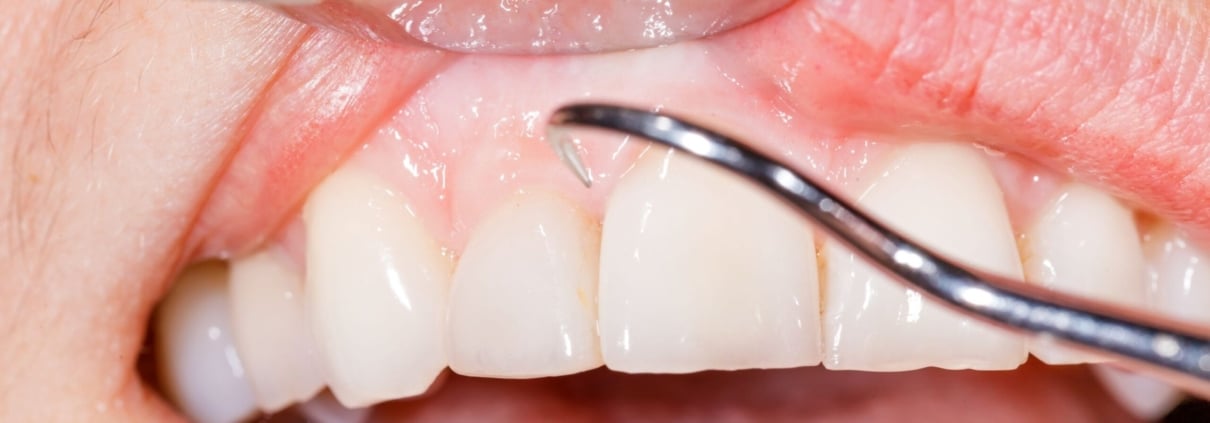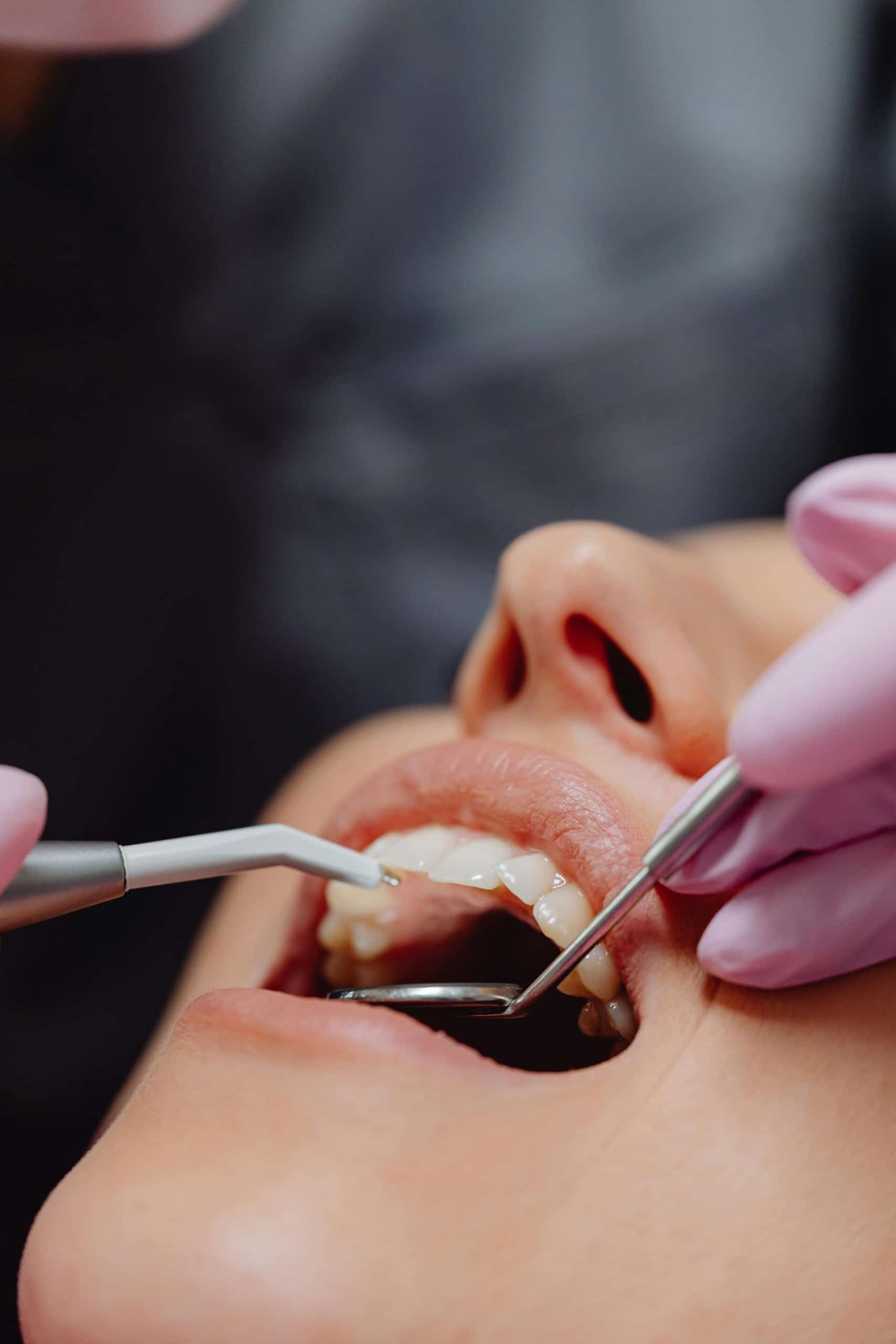More Than Just Bleeding Gums: What Periodontal Disease is Really Doing to Your Body
You may have noticed a little bit of blood when you brush or floss your teeth. Most people think this is normal, but it’s actually a warning sign. That bleeding is often the first symptom of gum disease, a chronic infection that can do much more than just threaten your smile—it can seriously impact your entire body.
Gum disease, also known as periodontal disease, is a silent threat. It begins as a localized issue in your mouth but can quickly become a systemic problem that affects your heart, your lungs, and your overall health.
The Progression of a Quiet Infection
Gum disease starts with gingivitis, a mild form of the condition. Bacteria-rich plaque builds up on your teeth, causing your gums to become red, swollen, and prone to bleeding. At this stage, gingivitis is easily reversible with improved oral hygiene and professional cleanings.
If left untreated, gingivitis progresses to periodontitis. The infection spreads below the gumline, breaking down the tissues and bone that hold your teeth in place. As the gums pull away from the teeth, they form pockets that become breeding grounds for more bacteria. Over time, teeth may loosen and eventually fall out.
The Full-Body Connection
The inflammation and bacteria from your gums don’t stay in your mouth. They can enter your bloodstream and circulate throughout your body, contributing to a host of other health issues. This is why researchers have found significant links between periodontal disease and several serious conditions:
- Heart Disease: The chronic inflammation caused by gum disease can lead to the hardening of arteries, contributing to conditions like atherosclerosis, heart attack, and stroke.
- Diabetes: The relationship between gum disease and diabetes is two-way. Severe gum disease can make it more difficult for the body to control blood sugar, and high blood sugar levels can make gum disease worse.
- Respiratory Illnesses: Inhaling bacteria from infected gums can increase the risk of developing respiratory infections like pneumonia.
- Pregnancy Complications: Pregnant women with gum disease may have a higher risk of complications such as pre-term birth and low birth weight.
Protecting Your Smile and Your Health
The good news is that gum disease is both preventable and treatable. Your best defense starts with your daily routine:
- Brush twice a day with a soft-bristled brush.
- Floss once a day to remove plaque from between your teeth.
- Visit your dentist regularly for check-ups and professional cleanings.
During these appointments, your dental team will not only clean your teeth but also check for early signs of gum disease, allowing for timely intervention. If you already have periodontitis, your dentist can provide effective treatments, from deep cleaning procedures to laser therapy, to get the infection under control.
Don’t let bleeding gums be a minor inconvenience. Your oral health is a crucial window into your overall well-being. By taking care of your gums, you are taking a powerful step toward protecting your entire body. Schedule an appointment today to discuss your gum health and learn how to maintain a strong, healthy smile for years to come.







Leave a Reply
Want to join the discussion?Feel free to contribute!